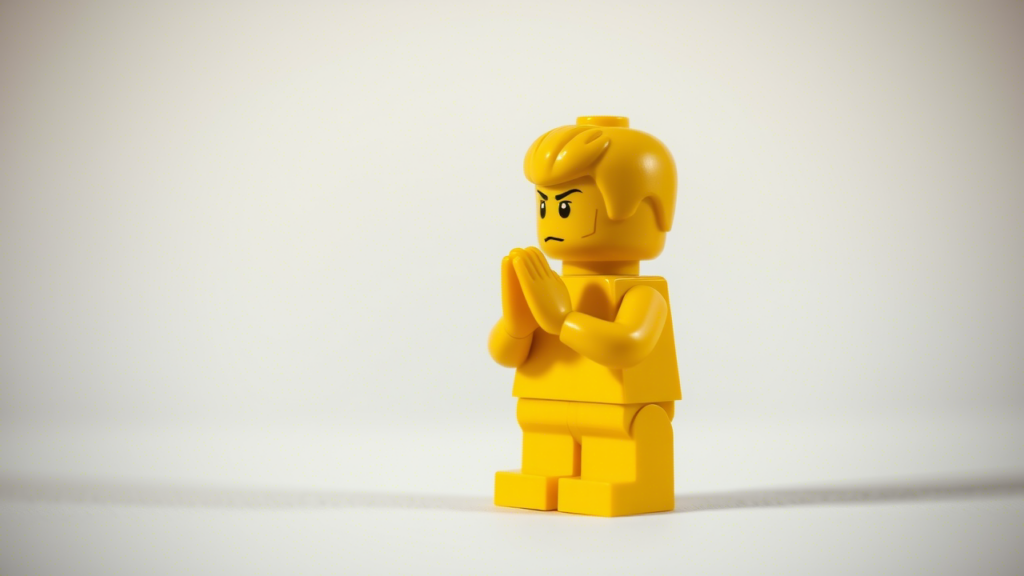Sacramental secrecy and commitment to justice
They are not in opposition. Priestly commitment, never a dilemma

Sacramental secrecy, which obliges the priest to keep the secret of confessed sins, has always been one of the most fundamental and delicate aspects of the exercise of the priestly ministry. However, this commitment does not conflict with the priests’ duty to justice, as some might think. In the context of the evangelizing mission of the Church, secrecy and commitment to justice are not two principles that should be seen as opposed, but rather as complementary elements that respond to the same purpose: human dignity and the salvation of the soul.
Sacramental Secrecy: A Moral and Spiritual Imperative
Sacramental secrecy, defined as absolute secrecy about what occurs in the context of confession, is not a simple canonical rule. It is a moral and spiritual imperative that aims to protect the freedom and integrity of the penitent, allowing him to be reconciled with God without fear of reprisals. As Pope Francis points out on several occasions, the sacrament of reconciliation is a deeply personal act and an experience of encounter with divine love and mercy, which must take place in an atmosphere of total trust.
This commitment to confidentiality is a manifestation of God’s mercy, to which priests adhere not only in their pastoral exercise, but also in their priestly being and vocation. It is not a simple legal requirement, but a profound option for the dignity of the person, which is based on respect for the conscience and freedom of the individual.
Justice in the Context of Priestly Commitment
On the other hand, the commitment of priests to social justice and truth is also an integral part of their mission. Justice must not be understood only in its legal dimension, but as a moral imperative that seeks to restore harmony and peace in human relations, as expressed in the principles of the Social Doctrine of the Church. The struggle for justice is inserted within the commitment to the defense of human rights and the promotion of the common good, two essential values in Christian life.
Priests, as spiritual leaders and moral guides, have the responsibility to promote justice, peace and human dignity in all circumstances. This includes a commitment to the defense of victims of social, economic or political injustice, and an orientation towards the healing of structural ills that affect the most vulnerable. Justice, understood from a Christian perspective, must always be a restorative justice, seeking rehabilitation and reconciliation, as taught in the Church’s teachings on justice and forgiveness.
A Priestly Commitment, Never a Dilemma
The sacramental seal and the commitment to social justice should not be seen as a dilemma in the exercise of the priesthood. Both are fundamental aspects of the priestly mission that serve the same cause: the dignity of the human person and the search for the common good. In situations where these principles seem to come into tension, priests are called to act prudently, discerning the best way to protect the well-being of the penitent while promoting the values of justice, reconciliation and love.
In the words of Pope Francis, the priestly ministry should never be seen as a choice between what is easy and what is difficult, but as a profound commitment to the Gospel and to the principles of the Christian faith. The priest, by keeping the seal, is not evading his commitment to justice, but is grounding it in an even deeper dimension: the reconciliation between God and men, which is the very basis of the Christian message.
The Call to Solidarity and Service
The seal cannot be interpreted as a protection from evil or injustice, but as a way of respecting the freedom and inner process of the penitent. Priests are called to be servants of justice, not only in the preaching of the word of God, but also in their pastoral action in communities. In this sense, the Social Doctrine of the Church, which promotes key themes such as human dignity, subsidiarity and solidarity, highlights the importance of building a more just and fraternal society without transgressing ethical and spiritual norms.
Ultimately, the priesthood is understood as a service to humanity, a commitment to truth and justice that never deviates from the principles of the Gospel. The sacramental seal is a means to achieve peace and reconciliation, and commitment to justice is the way to live according to the values of Christ.
The sacramental seal and the commitment to justice are not in opposition. They are two sides of the same coin, both oriented toward promoting human dignity and the love of God. The priest, as an instrument of divine grace, has the responsibility to protect penitents through the seal and, at the same time, to be an active defender of justice and peace in the world. This is the essence of his priestly commitment: to be a bridge between God and men, between mercy and justice, in a life consecrated to the service of the Kingdom of God.
Sources:
Related

Overcoming Emotional Dependence: A Guide with Psychologist Mónica Caballero
Proyecto Ánima
28 March, 2025
2 min

Addictions and Sexuality
José Miguel Ponce
28 March, 2025
2 min

The Chosen: A Series That Wins Hearts in Its Own Language
Mar Dorrio
27 March, 2025
4 min

Being a Christian of One Piece: Integrity and Coherence in the Life of Faith
Patricia Jiménez Ramírez
26 March, 2025
2 min
 (EN)
(EN)
 (ES)
(ES)
 (IT)
(IT)

